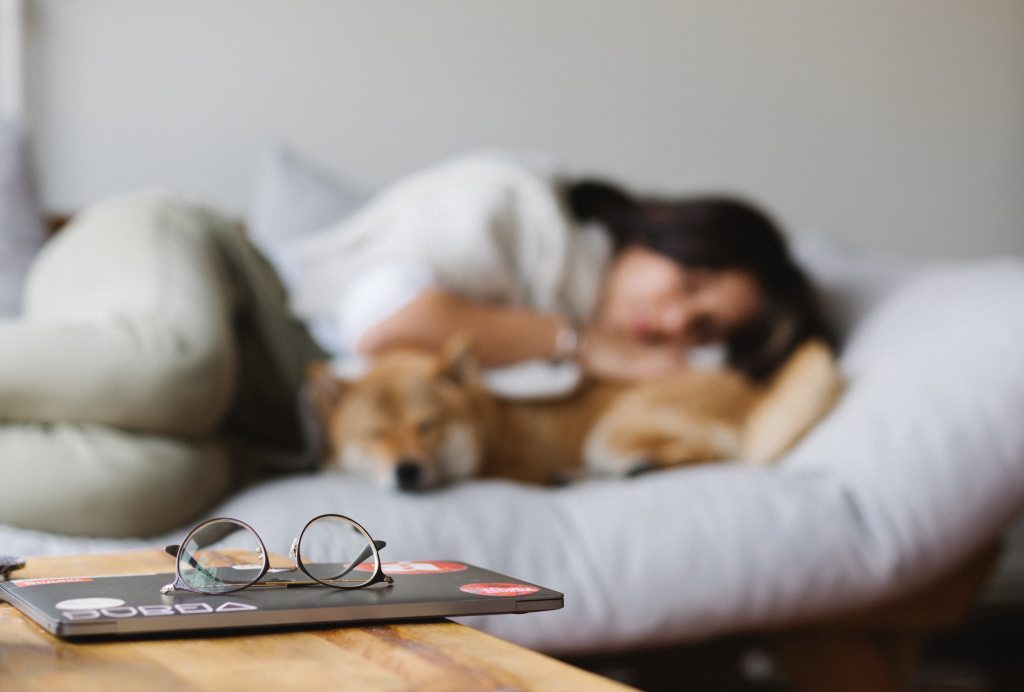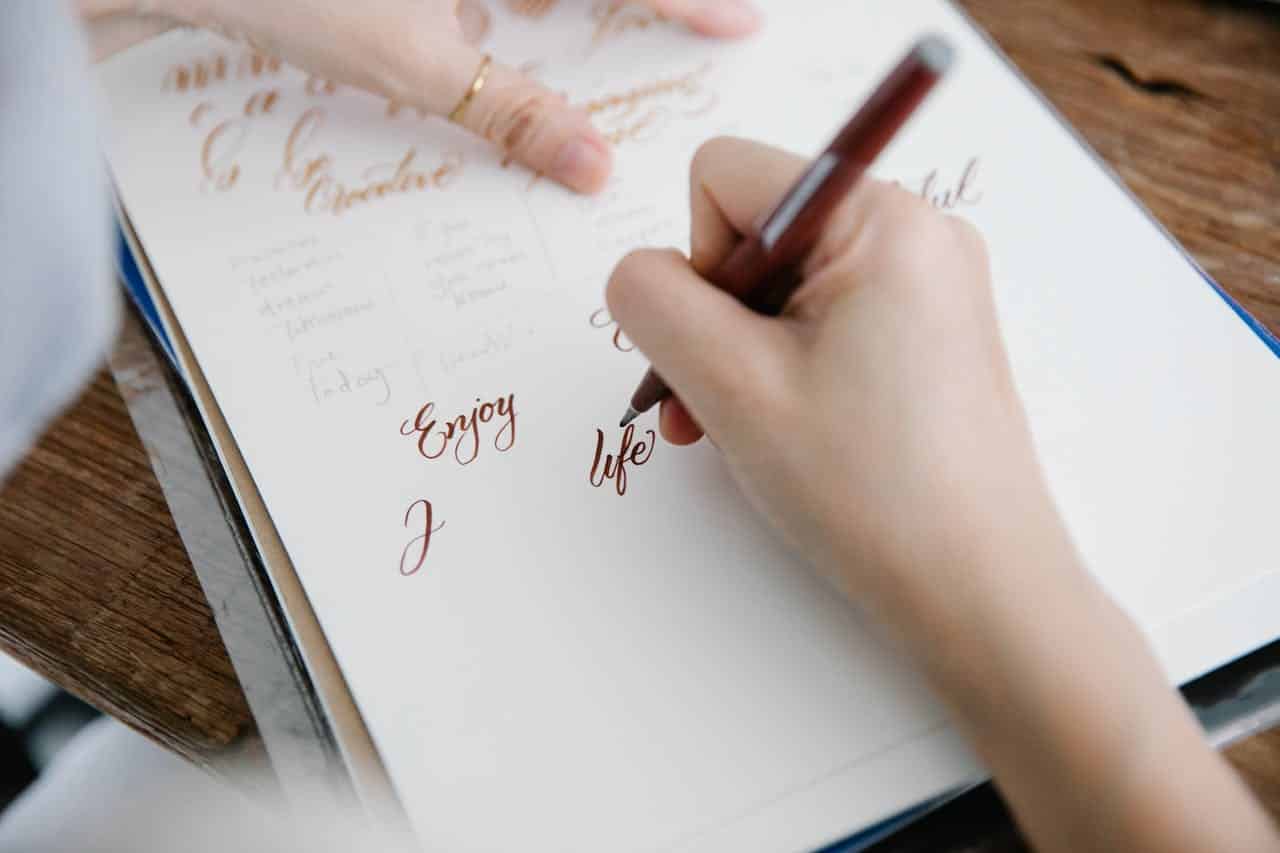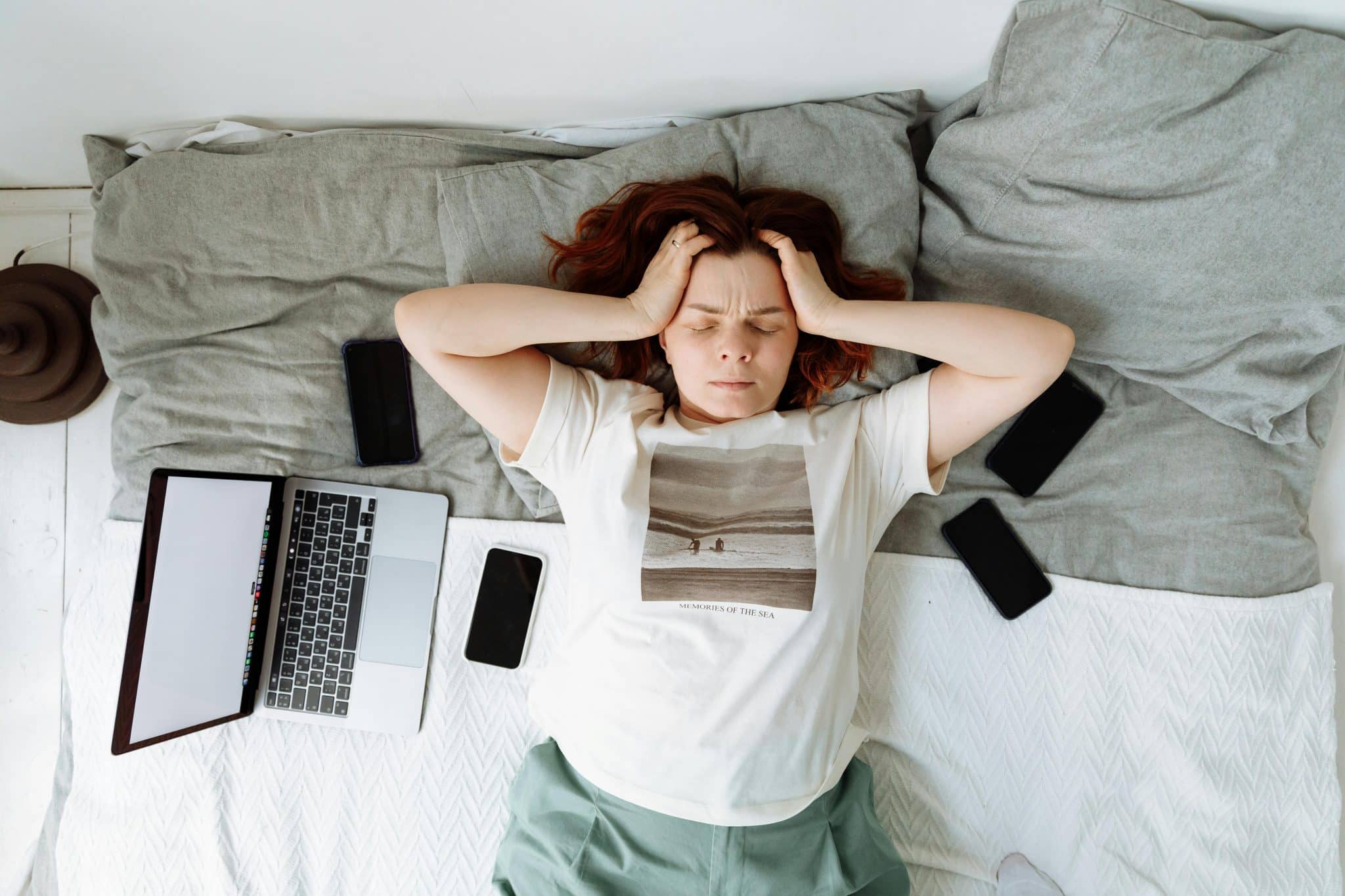Are You a Night Owl Living in an Early Bird’s World?

You don’t have to join the 5 am club to be successful
When we talk about highly productive people, the conversation inevitably turns to their habits. In particular, their sleeping habits (or lack thereof!). Tim Cook, CEO of Apple famously wakes up at 3:45 every morning, and Pepsi CEO Indra Nooyi at 4 am, making Richard Branson’s 5:30 am start seem positively tardy. And it’s not just executives – writers too – are well known for being early risers. Honoré de Balzac woke up at 1:00 (when did he go to bed, I wonder?) Sylvia Plath at 4, Toni Morrison at 5, while Ernest Hemingway loafed in bed until 6! And you only need to type “5 am Club” into Youtube’s search bar to discover a huge community devoted to Robin Sharma’s method.
But what if you’re not a morning person? Or not just “not a morning person” but someone who positively blooms in the evening? Sure there are the successful ones we hear about – Winston Churchill, Franz Kafka, Reddit Founder Alexis Ohanian, Bob Dylan, Prince… yet still, the night owl just isn’t as revered as the early bird. Musician, artist, and writer owls can pass as “creative types” or “eccentrics”, but there’s just something about the idea of a CEO sleeping late that seems – well – sloppy. Early mornings are associated with good things: discipline, punctuality, virtuousness…even breakfast is the most important meal of the day. In our culture, getting up early is just the right thing to do. But what if, for some, it’s actually not?
If you happen to be a night owl, you’ve undoubtedly had to override your sleeping preferences at some time or other in your life. It is highly likely you’re fighting your natural circadian rhythm right now. If you’re more of a lark, you may have struggled to maintain your social life, but you most probably won’t have had problems fitting your perky morning personality into the 9-5 world.
The truth is that when it comes to sleep – how much we need, and when – a lot of it is down to genetics, over which we have little control. So it seems a little odd then, that in the age of customization and self-optimization, we wouldn’t want to take advantage of the times when we’re naturally most productive and creative.
The past 12 months have been a huge turning point for the traditional office-based working day. The mass shift to remote work combined with employees taking on the secondary roles of carers and teachers means that the traditional workday no longer serves its function. Tasks are fitted in and around life, and the idea of keeping your personal and work lives separate went out of the window as soon as the office invited itself into your front room (or kitchen, bedroom, garden shed…) for an extended stay.
It seems that there couldn’t be a better time than now to find the timetable that works in harmony with your natural energy highs and lows, allowing you to do your best work while feeling your best.
Early mornings are associated with good things: discipline, punctuality, virtuousness… In our culture, getting up early is just the right thing to do. But what if, for some, it’s actually not?
Nature knows best
It’s not that waking up with the sun is a bad idea, at all. Considering we’ve only had electric lighting for a couple of hundred years, it made sense that we were getting things done by daylight for the other 199,800 of them. So that explains why around 50% of us are easily able to wake up and sleep when the sun does. But what about the rest?
Well, anyone who’s ever gone camping and forgotten to take a torch will know that the dark is actually really quite scary, and so evolutionarily it made sense to have people with different chronotypes. These are the natural rhythms that define individual levels of alertness and activity throughout the day – there are 4 of them, named after animals. Confusingly, none of them is a lark or an owl.

Research suggests that mammals have learned to sleep only when other members of the group are alert and able to keep watch, and in 2017 scientists proved this theory applies to humans, after studying the sleeping patterns of the hunter-gatherer Hadza tribe in Tanzania. So while the majority of us are lucky enough to sleep safely and securely in our homes at night, our inner animal isn’t as easily tamed.
Unless you’re one of the lucky 50% that falls into the bear chronotype (who’d have thought that bears would be so easily domesticated?), you’re going to have to come to terms with your body not being on the same schedule as the rest of the world. But you needn’t live your life in misery – you just need to figure out how to make it work for you. Customization is key, see?
9-5 works… for some
The 9-5 workday was born out of good intentions. In a move towards ending the exploitation of factory workers, it was first introduced by the Ford Motor Company 100 years ago, becoming standardized by the Fair Labor Standards Act in 1938. However, the version we know today came about in the 1950s, when law firms realized that they could replicate the efficiency of mass production by replacing fixed-rate fees with billable hours.
The American Bar Association suggested a unit of time — the hour — which would allow a well-run firm to oversee its staff’s productivity as mechanically as a conveyor belt managed its throughput.
Adam Davidson, New York Times, July 2013
By the 1970s most other industries had adopted the same approach, and it’s become so entrenched in our work culture that many employees are still evaluated by how much time they spend at their desks.

The 40-hour workweek has been under criticism for some time now, and not just by the many of us who realize that there is a lot of time wasted conforming to this norm. Experts like Alex Soojung-Kim Pang are pushing for a shift away from the work longer philosophy to work more efficiently, while Economist Richard Layard believes that the key to increased productivity and profit for businesses is happier employees: “Giving workers more influence over how their work is organized,” he writes “is a clear, evidence-based method that improves happiness among employees”. In other words, flexible working – adjusting your work schedule to fit around your life – is better for your wellbeing and your performance!
That’s not to knock the 9-5 if it works for you. If you’re of the bear or lion chronotype, your maximum productivity period should align well with traditional office hours. However, if you’re a wolf (more commonly known as an owl – confused yet?) or a dolphin (a problematic sleeper), then you’re probably going to be much better off working to a schedule better customized to your natural rhythms.
No matter which category of chronotype you fall into, here are 4 ways to help you find the sleep and work schedule that works best for you and your lifestyle:
Get the sleep you need
It sounds obvious, but as well as having different bedtimes and rising times, everyone requires a different amount of sleep to feel human. Margaret Thatcher famously got by on 4 hours a night, while Mariah Carey needs a solid 15 hours of sleep in a humidified room in order to perform at her best. If your ideal wake-up time is 9 am, you’re still going to feel exhausted if you go to bed at 3 am if your personal sleep need is 8 hours. Experiment with going to bed at different times (try to keep your wake-up time the same, though) until you hit your sweet spot. A sleep tracking app like RISE can be helpful to help you minimize your sleep debt and record energy peaks and dips throughout the day.
Here at Freedom, we consider getting a good night’s sleep one of the foundations of productivity. Once you’ve enjoyed a couple of nights of proper rest, you’ll find the improvements in your mood and energy levels will serve as enough of an incentive to keep it up. It’s definitely possible to get by on less sleep than we need, but it’s not pleasant, healthy – or necessary! Arianna Huffington has written and talked extensively about her experience of burnout and the life-changing effects of adequate sleep, while Bill Gates, who once considered sleeping too much “lazy” now needs a full 7 hours to feel creative and happy the next day.
Maximize your time and energy! Make the most of your biological propensity to be more productive in the morning, energetic in the afternoon, or creative in the evening, by planning in advance.
Plan your days
At the moment, many of us are in the position of having much more control over our workday, but not everything is entirely flexible. If you’re working remotely, you most likely have a certain time you need to be online, and you won’t be able to schedule every meeting to sync with your natural energy peaks. But you can still make the most of your biological propensity to be more productive in the morning, energetic in the afternoon, or creative in the evening. The key to maximizing your time and energy is to plan in advance. Now, more than ever, scheduling is a relatively simple method that can absolutely change your life. Time, energy, motivation, and self-control are all finite resources that eventually run out or get depleted, even more so in times of stress and uncertainty.

Starting and ending each day in the same way really helps you to stick to a schedule, which is why so many successful people preach the benefits of the morning routine and the bedtime ritual. Even if you know that mornings are not productive for you, you can schedule 30 minutes of reading, a meditation session, or a walk outdoors. Bedtime routines are more significant than ever now that we are surrounded by screens pretty much all day and banishing your mobile from the bedroom is probably the single most beneficial thing you can do to improve your sleep. In fact, it’s been literally life-changing for some!
Whether you write it in a diary, use an app like Todoist, or print it out and stick it on the fridge, having a plan to follow is a surefire way to get the best out of yourself and your day. We love Nir Eyal’s excellent guide to scheduling your day, which includes a handy schedule builder.
Listen to your body
Part of the problem with the old 9-5 concept is that it applied the early ideas of the industrial era to humans, where time = money. But we are not machines, and neither should we try to imitate them. We’ve become so reliant on technology that it’s quite easy to ignore our natural instincts. When you’ve got an app that reminds you when to drink water, you may ignore the instinctive feeling of thirst until that notification pops up. When your schedule says it’s time for emails, you might silence that creative idea buzzing around inside your head. That’s why it’s so important to be tuned into your natural rhythms.
Ideally, your schedule will have been created around your natural waking hours, and energy ebbs and flows – but it should serve as more of a guide. We all know that no two days are ever the same, and by being too strict with yourself you don’t leave any room for life’s little surprises. The keyword here is flexibility – and that includes being flexible with yourself, too! So by all means, take a walk to the kitchen for that unscheduled glass of water, quickly jot down that amazing idea before you get to the emails, and if you’re feeling exhausted, please, take a break! We are big fans of Kate Northrup’s Energy Management technique, read about it here.
Let it be known
Something else that most successful people know how to do: speak up! Whether it’s letting your team know that you’ll be able to focus much better on that project after your kids go to bed, or asking your manager if you can log on an hour later, you can only get the support that you need if you ask for it. Most companies are paying increasing attention to the well-being of their teams – especially since the pandemic – because they are beginning to realize that a happy, stress-free workforce leads to a more productive, and overall better environment.
It’s also worth letting the other people you live with know about any times you definitely don’t want to be interrupted, as well as making sure you have enough quality time to spend with loved ones outside of your working hours.
Dream onwards & upwards!
Even if you love your early mornings, you can still implement the above advice to build a more holistic daily routine, or even experiment with napping (The bear chronotype is most prone to the post-lunch energy dip, by the way).
On the other hand, night owls who have been forcing themselves to be “morning people” for years, may well discover the life-changing impact of something as simple as sleeping an extra couple of hours in the morning, guilt-free. And if the thought of a lie-in isn’t good enough, despite headlines to the contrary, you’re not doomed to die early!
However you feel about mornings, now is the time to take advantage of this increased flexibility in working, and find a daily routine that aligns with your animal instincts. Then get out there (or onto Zoom) and give it your owl!



